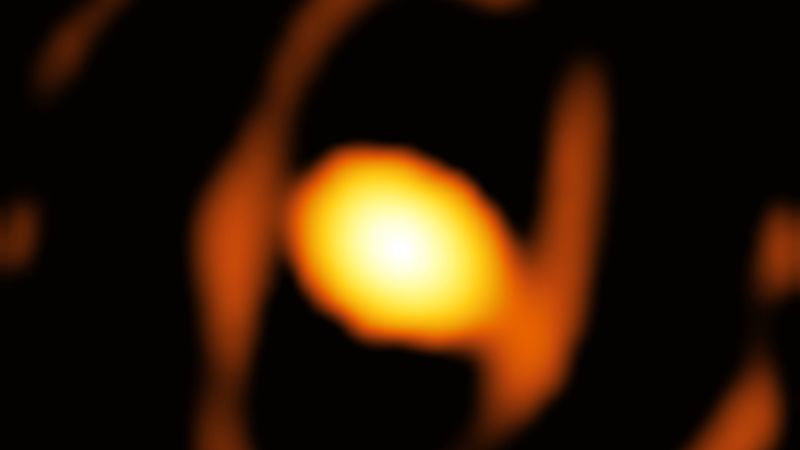
Poynting-Robertson Effect
The Poynting-Robertson Effect is a phenomenon in which the solar radiation exerts a force on small particles in space, causing them to lose energy and spiral towards the sun. This effect is caused by the absorption and re-emission of photons by the particle, which results in a net transfer of momentum from the photon to the particle. The effect is most pronounced for small particles, such as dust grains, and can have a significant impact on the dynamics of dust in the solar system. The Poynting-Robertson Effect is an important consideration for spacecraft design and mission planning, as it can affect the trajectory and lifetime of spacecraft in orbit around the sun.
Your Previous Searches
Random Picks
- Passive Damping: Passive damping is a technique used in space and astronautical engineering to reduce the vibrations and oscillations of a spacecraft or satellite without the need for external energy input. This is achieved by incorporating materials or dev ... Read More >>
- Real-time Monitoring: Real-time monitoring refers to the continuous and instantaneous observation, measurement, and analysis of data in space and astronautical engineering. This involves the use of sensors, telemetry systems, and other monitoring tools to collec ... Read More >>
- Crystal Structure: Crystal structure refers to the arrangement of atoms, ions or molecules in a crystalline material. In space and astronautical engineering, crystal structure is an important concept as it affects the physical and mechanical properties of mat ... Read More >>
Top News

First close-up image of a star beyond our galaxy may reveal impending supernova...
Astronomers have taken the first close-up image of a star beyond our galaxy, and it’s a “monster star” surrounded by a cocoon as it slowly dies....
News Source: CNN on 2024-11-21

Bestselling author explains the science of happiness: "You can do the work"...
Bestselling author and Harvard professor Arthur Brooks opens up about how enjoyment, satisfaction and meaning in life can increase a person's wellbeing....
News Source: CBS News on 2024-11-18

November's full moon, known as the Beaver Moon, is the last supermoon of 2024. H...
November's full moon, known as the Beaver Moon, is the last supermoon of 2024. Here's when it peaks and why it's called the Beaver Moon....
News Source: CBS News on 2024-11-15

You can't put a price on the sense of awe particle physics inspires...
Astronomy and particle physics are no longer seen as vital by the US establishment, so funding has fallen. But our work creates a sense of wonder, and wonder matters, says Chanda Prescod-Weinstein...
News Source: New Scientist on 2024-11-13

If you want to stretch your gift game into days this holiday, check out these ad...
The advent calendar phenomenon is growing every year, with so many exciting, fun, beautiful, and delicious options available...
News Source: ABC News on 2024-11-04